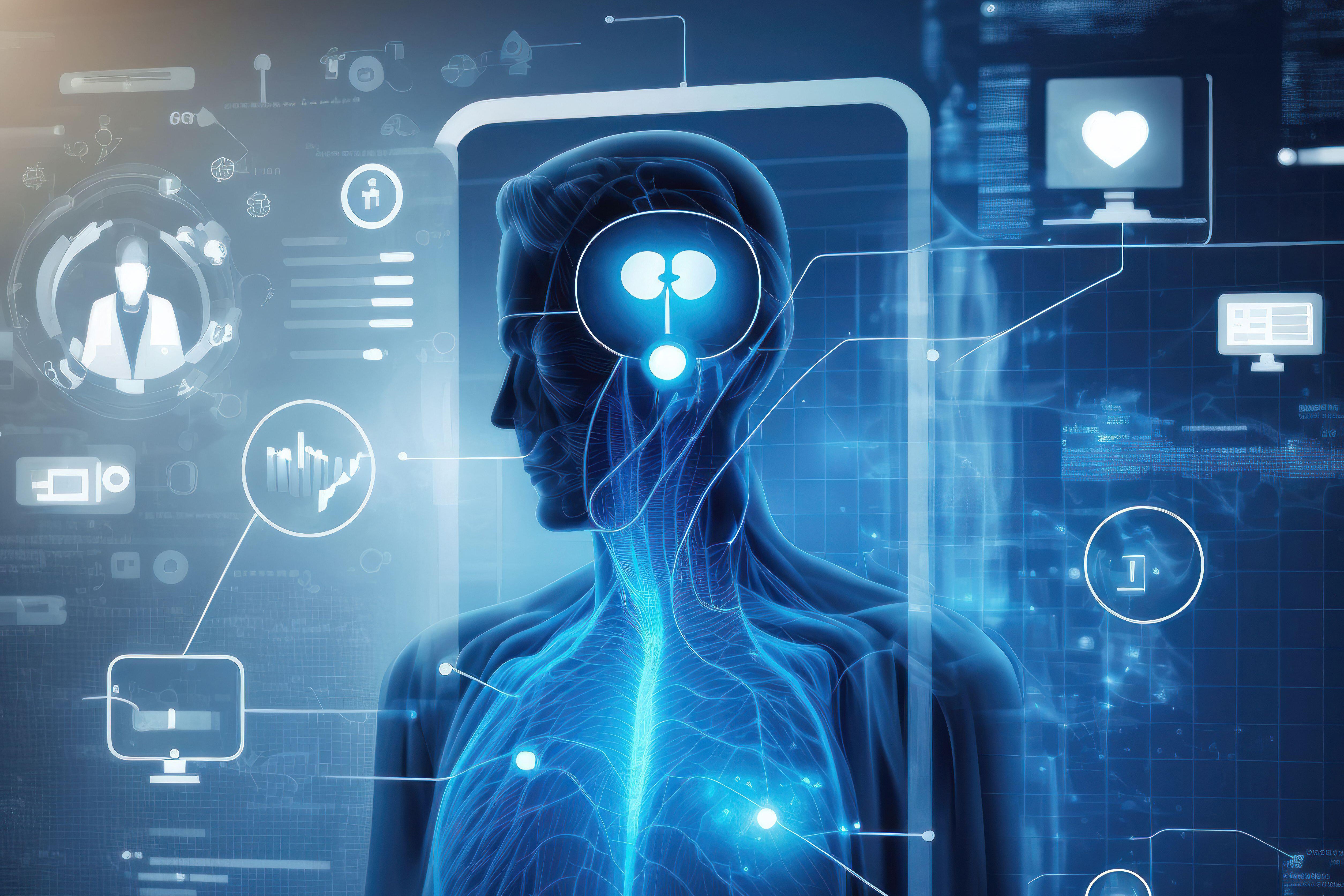
AI Revolutionizes Medical Diagnosis with Precision and SpeedAI Revolutionizes Medical Diagnosis with Precision and Speed The advent of Artificial Intelligence (AI) has transformed various sectors, including medicine. AI’s ability to analyze vast datasets, identify patterns, and make predictions has revolutionized medical diagnosis, leading to greater precision and speed. Precision Diagnosis AI algorithms can process medical images, such as X-rays, MRI scans, and CT scans, with remarkable accuracy. They can detect subtle anomalies and patterns that may be missed by the human eye, leading to earlier and more accurate diagnoses. For example, AI-powered systems have been shown to identify diabetic retinopathy – a leading cause of blindness – with up to 95% sensitivity and specificity. Early Detection AI can assist in the early detection of diseases by analyzing patient data, including electronic health records, lab results, and lifestyle information. By identifying risk factors and patterns, AI algorithms can predict the likelihood of developing certain conditions, allowing for timely interventions and preventative measures. Early detection often leads to better outcomes and reduces healthcare costs. Speed and Efficiency AI systems can process vast amounts of data rapidly, enabling healthcare professionals to make diagnoses in real-time. This reduces waiting times and allows for more efficient patient care. For instance, AI-powered platforms can provide immediate analysis of pathology slides, saving hours of manual labor and expediting cancer diagnoses. Personalized Treatment Plans AI algorithms can analyze individual patient characteristics, including genetic data, lifestyle, and medical history, to generate personalized treatment plans. These plans can be tailored to maximize effectiveness and minimize side effects, improving patient outcomes and satisfaction. Remote Monitoring and Accessibility AI-enabled devices and apps can monitor patients remotely, collecting data on vital signs, activity levels, and medication adherence. This allows healthcare providers to track health conditions continuously, identify potential issues early, and adjust treatment plans accordingly. It also improves accessibility to healthcare for patients in remote areas or with mobility limitations. Challenges and Ethical Considerations While AI offers immense benefits, there are challenges to consider. The accuracy and reliability of AI algorithms depend on the quality and diversity of the data used for their training. Ensuring ethical considerations in the development and deployment of AI systems is crucial to prevent bias and promote fairness in medical diagnoses. Conclusion AI has revolutionized medical diagnosis by enhancing precision, speeding up processes, and providing personalized treatment plans. As AI technology continues to advance, it holds the potential to transform healthcare further, improving patient outcomes, reducing healthcare costs, and enhancing the overall experience for both patients and healthcare providers.
Posted inNews